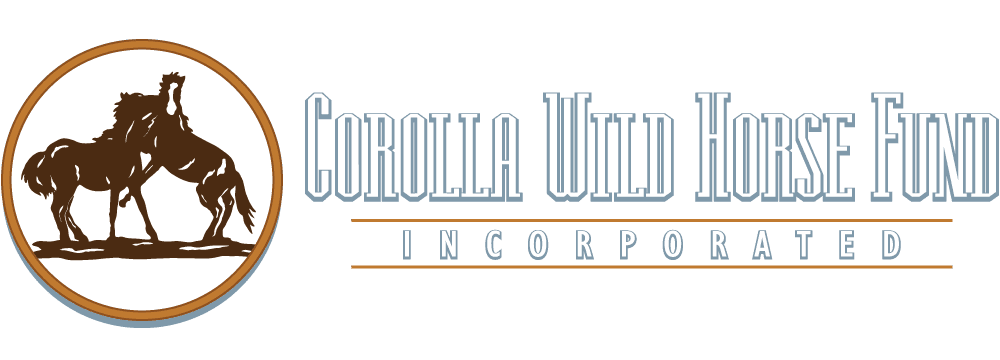Corolla Wild Horse Fund
1130E Corolla Village Road
Corolla, NC 27927
(252) 453-8002
MUSEUM & GIFT SHOP
OPEN:
Apr 16 – May 3: Wed – Sat, 11 am – 3 pm
May 6 – Season: Tue – Sat, 9 am – 3 pm
PAGES
CONNECT WITH US
SIGN UP FOR OUR NEWSLETTER
Get the latest updates on the Banker horses and our work to protect and preserve them

